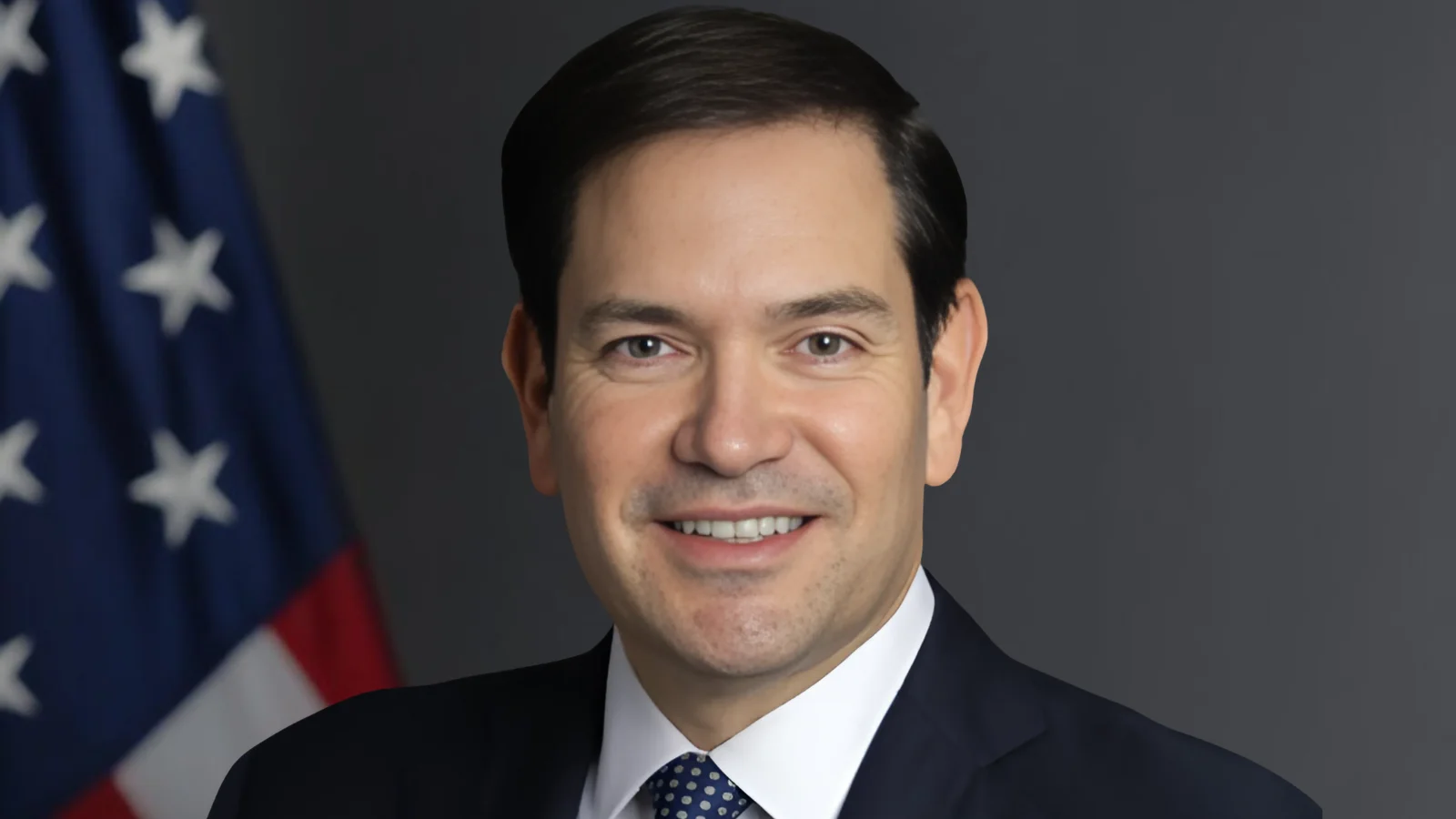Secretary of State Marco Rubio met with Israeli President Isaac Herzog in Israel on the fifth anniversary of the signing of the Abraham Accords. The meeting highlighted ongoing diplomatic efforts and the significance of the agreements in shaping Middle East relations.
President Herzog welcomed Secretary Rubio, acknowledging his dual roles as Secretary of State and National Security Advisor. "Welcome, Mr. President – sorry – welcome, Mr. Secretary. We’re very happy to have you in Israel. You are both the Secretary of State and the National Security Advisor. I think since Henry Kissinger, in Israel, we haven’t seen such an incredible job description. Actually, I don’t know how you sleep, but I – we are very honored to have you in Israel, also for spiritual experience and for coming here and discussing with us the challenges of the day. And we welcome you wholeheartedly."
Herzog noted that it was exactly five years since the Abraham Accords were signed at the White House under former President Donald Trump’s administration. He described it as a historic moment that brought together Israel, Morocco, Bahrain, and the United Arab Emirates (UAE) in agreements brokered by U.S. leadership.
"I agreed with the Secretary one thing to mention, that today – exactly today – is five years to the signing of the Abraham Accords in the White House lawns. And that was a very important, historic moment in the history of the Middle East, where agreements that were brokered under the auspices of President Donald Trump – as part of his great legacy to bring peace to the Middle East and to the world – were signed at the White House lawn between Prime Minister Benjamin Netanyahu and the representatives of the Kingdom of Morocco, the Kingdom of Bahrain, and the United Arab Emirates," Herzog said.
He added: "And I must say, Mr. Secretary, that we bless those agreements every day. They’ve brought enormous change to everybody whose lives in the Middle East. And these allies that signed the agreement, despite all the storms of the Middle East, have kept these agreements going, and it is very important to upgrade and enhance and foster and bring more partners to these agreements. And I want to thank all the partners of the agreements, and of course, most grateful to the United States of America for being there always both in times of war and in times of peace. Thank you, Mr. Secretary."
Secretary Rubio responded by emphasizing both gratitude for current partners and aspirations for expanding participation in similar accords across more countries.
"Well, thank you, Mr. President. And yes, I think it’s appropriate we’re here on the fifth anniversary of that historic accord, which really – imagine, despite the difficulties the region has confronted over the last few years, how much more difficult it would have been had the Abraham Accords not been in place. And we’re obviously incredibly grateful as well, just from the perspective of the United States, to Morocco and Bahrain and the United Arab Emirates. They’re also strong partners of ours on a bilateral basis, not to mention as part of this agreement," Rubio said.
He continued: "So – and as you said, not only does this agreement with these existing partners need to continue to be strengthened and built upon, but it needs to be expanded. There are other countries that have expressed an interest...to being a part of this...and one of...the great promises...is...the ability...under President Trump’s second term...to build upon...the foundation...of...the Abraham Accords...and expand it.... So it’s also part of our focus."
Rubio concluded: "But we are very grateful to our partners and to those who are a part of those Accords now, and grateful to be here today on ...the fifth anniversary ...to remind us ...of ...progress ...and opportunities...."
The meeting underscored ongoing U.S.-Israel cooperation as well as efforts among regional allies—Morocco https://www.state.gov/u-s-relations-with-morocco/, Bahrain https://www.state.gov/u-s-relations-with-bahrain/, UAE https://www.state.gov/u-s-relations-with-the-united-arab-emirates/—to maintain stability through diplomatic engagement.





